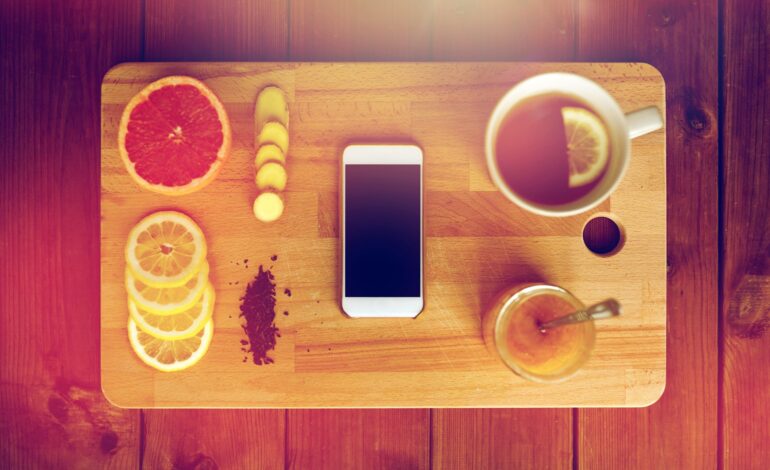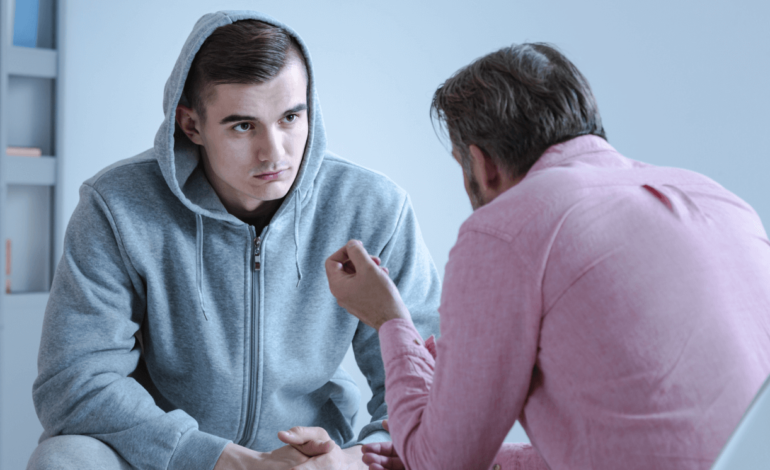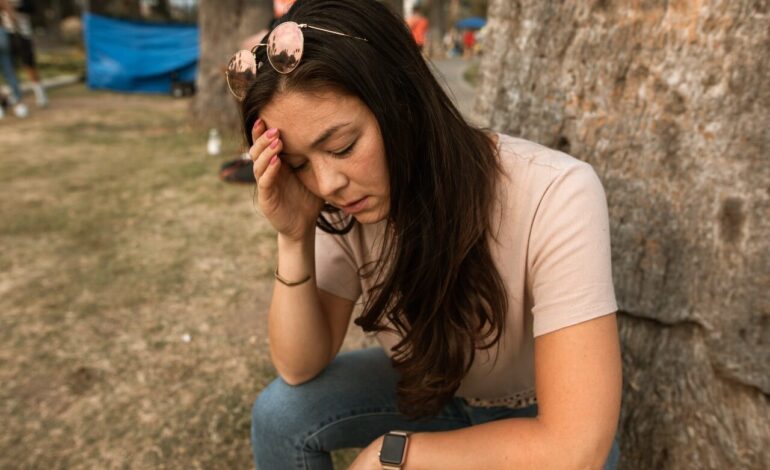We’ve all heard how technology can have a negative impact on your mental health, whether it’s by spending too much time on social media, or the glow of the screen disrupting your sleep patterns.
But can your smartphone actually open doors to recovery when it comes to mental illness or substance abuse?
For many who are struggling with addiction or mental illness, finding help can be the most challenging obstacle.
Where do you begin? What if you do not have insurance? What if you want to keep this a private matter?
Technology reduces a lot of the barriers and red tape to seeking treatment.
1) Life-Saving Navigation
Google Maps recently announced they will list locations of over 20,000 pharmacies that dispense Narcan, the life-saving medication to reverse opioid overdose symptoms.
They are also rolling out directions to more than 83,000 alcohol and substance abuse recovery meetings, such as Alcoholics Anonymous (Al-Anon, or AA), Narcotics Anonymous (Nar-Anon, or NA), and Smart Recovery, to help connect individuals with the resources they need.
2) Human Connection
It can be difficult to attend support groups. Whether it’s due to anxiety, lack of transportation, or scheduling conflicts, sometimes it’s just not feasible.
Online community support groups and forums offer 24/7 resources and connections to others around the world.
By joining a community, you can build a sense of purpose and belonging, which plays an important part in your healing journey.
3) Virtual Therapy
Many therapists offer video chat appointments, and there are entire services dedicated to online therapy via video or text. Not only is it convenient, for some people it is preferable.
Texting or speaking with a therapist from the comfort of home can make the difference between seeking help or not for some people.
4) A Sea of Resources
There’s no shortage of apps and websites offering information and tools about recovery from mental illness and substance abuse. Apps such as Woe Bot can help you check in with your emotions and practice cognitive behavioral therapy (CBT).
Seven Cups can connect you with compassionate individuals when you need someone to talk to. Texting HOME to 741741 connects you to trained crisis counselors who are available 24/7.
All of these resources can be valuable supplements to your care plan, but remember: a diagnosis and treatment plan must come from a licensed professional.
5) Saving Time
For most of us, time is money. Juggling a busy life with the time it takes to drive to appointments, fill out insurance forms, and sit in waiting rooms can be a serious challenge.
Online options can save a lot of time, and therefore make getting help more accessible to those of us who need it.
6) Aftercare
What happens after acute treatment in an inpatient or residential facility ends? In-house care programs generally last 30-90 days, but true recovery can take years.
Aftercare is a critical part of the recovery process, and along with attending meetings, or Alumni programs, online resources can offer a valuable supplement to ensuring the success of your recovery journey.
Start Your Journey with AKUA
AKUA is a full-service mental health and substance abuse treatment center that provides residential care, intensive outpatient care, and outpatient care to adults.
AKUA believes in a whole-person, holistic treatment approach, focusing on healing of the mind and body for a full recovery.
24/7 ADMISSION HELPLINE 888-629-6707




